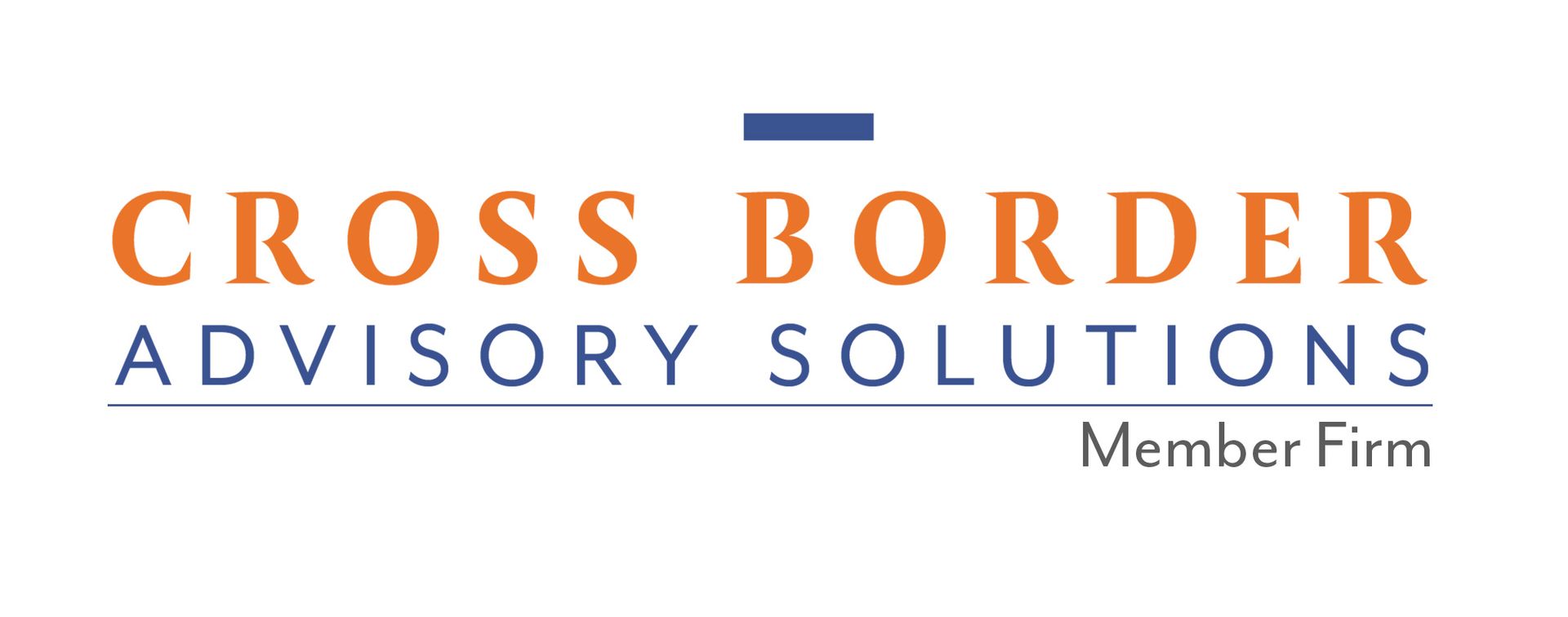The accepted invoice
In the case of a service, Mrs Claire, a shopkeeper, installed a door for Mrs Eleonore, another shopkeeper. Following this service, Mrs Claire sent an invoice to Mrs Eléonore for payment. After several weeks, Mrs Eleonore neither replied nor paid the invoice.
Can Mrs Claire consider this invoice to have been accepted, even though Mrs Eleonore has not paid?
QUESTION:
What is an accepted invoice?
LEGAL BASIS:
Commercial Code : Article 109
INTRODUCTION :
The accepted invoice is a Luxembourg concept used in commercial transactions, guaranteeing the transparency and responsibility of the parties involved.
Acceptance of the invoice means that the recipient of the invoice acknowledges the existence and terms of the contract, as well as the debt indicated on the invoice.
The theory of accepted invoices applies exclusively between merchants.
As a reminder, an invoice is a document drawn up by a trader indicating the nature and price of the goods or services supplied, the name of the customer and a statement of the customer's debt. It is intended to be given to the trader and invites the latter to pay the sum indicated.
ACCEPTANCE OF THE INVOICE:
Acceptance of the invoice may be express or tacit.
Express acceptance:
Express acceptance is when the recipient trader clearly and unmistakably agrees with the terms and amounts stated on the invoice. This is usually done by paying the invoice in full or by signing the invoice and adding a specific note indicating acceptance of the invoice. The most used form of acceptance is "good for acceptance".
Once this express acceptance has been made, no dispute can be raised, as the recipient has already approved the invoice.
Tacit acceptance:
Tacit acceptance occurs when the recipient merchant remains silent and does not dispute the invoice within a short period of time. According to case law, this short period is generally between 4 and 8 weeks, although it is left to the discretion of the court. The recipient's silence is then interpreted as implicit recognition of the validity of the invoice and the debt it represents and implies the recipient's acceptance to proceed with payment.
DISPUTING AN ACCEPTED INVOICE:
In the case of express acceptance, the recipient merchant has clearly agreed to the terms and amounts indicated on the invoice. As a result, they can no longer go back and dispute the invoice, as they have already approved it.
On the other hand, a dispute may arise in the case of tacit acceptance. In the case of tacit acceptance, the recipient of the invoice remains silent, which may leave some doubt as to whether or not the invoice has been accepted. For a dispute to be admissible, several criteria must be met:
- The complaint must be made within a short period of time.
- Ideally, the complaint should be made in writing and should be precise and detailed.
- The complaint must relate to one or more aspects of the invoice, such as the very existence of the contract, the terms of the agreement, the claim, or the correspondence between the goods or services supplied and those invoiced.
CERNO LAW FIRM has the necessary skills to advise and assist you in your commercial litigation procedures and consultations.





